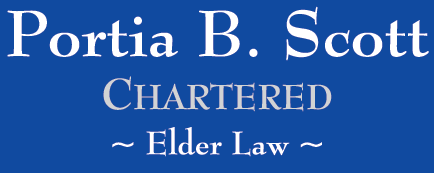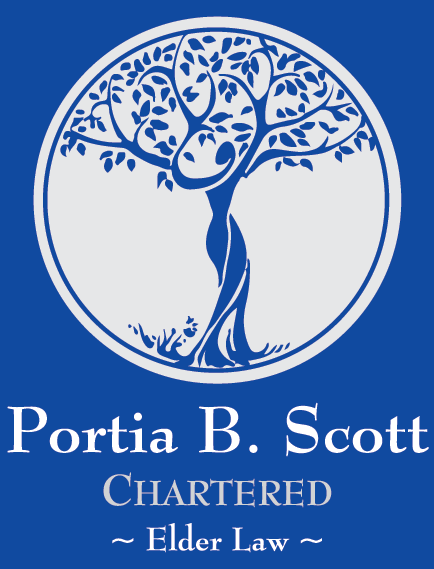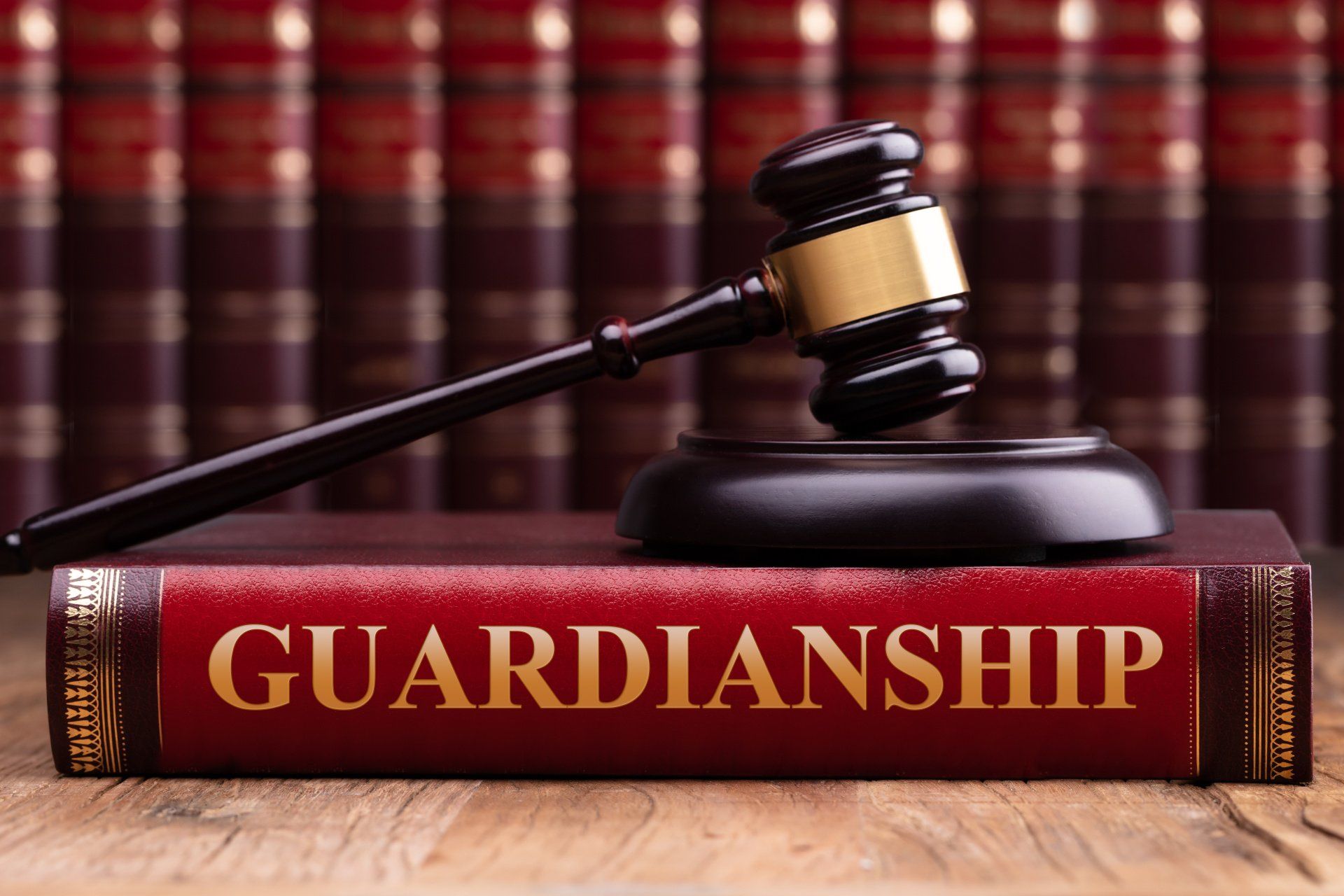By Portia B. Scott, J.D.,L.L.M.
•
February 19, 2026
For those of you who like history, consider the study and application of law. Studying history is, effectively, 90% of what we attorneys do. When there is a lawsuit, for instance, you obviously want your client to win. The methods of winning are, of course, having the facts on your side but you also need to have the law on your side or, extremely rarely, you change the law. The first question for the attorney is, "What does the applicable statute say?" followed closely by "How have other courts handled this question in the past?" These are the starting point for an attorney, once she knows (or think she knows) what has happened. Let's take an incapacity determination as an example. The worried daughter comes in after having spent some quality time with her father over the holidays. She indicates that her dad said and did some things which made her question if it is okay for him to continue to live alone. The attorney asks questions about her father, including how long has he been living alone? Has he been diagnosed with anything? How about his physical abilities, are they impaired at all? The daughter tells us that, after his wife died a few months ago, Dad suddenly spiraled downward. This may or may not be true, though it is certainly the daughter's perception. Was his wife actually covering for him for years and did such a good job no one noticed? Maybe. We learn that father has a degree in accounting and supported himself and the family with an accounting business. Now, he does not seem to know how to balance his accounts. Still, when asked, he said he did not need to write it down. "It is all up 'in the cloud' now." He needs a walker, but often forgets to use it. He has fallen twice in the last couple of months, but does not remember how long ago or that he went to the hospital, saying later, "oh, yes, but that was just the ER." He used to wear button down shirts but now only pull overs - saying that he wore a shirt and tie for too many years while he worked. But, he did mis-buttoned his shirt the one night when they went out for dinner. He cannot figure out how to turn off his phone and sometimes confuses the handset from his land-line for the remote control for the television. Specifically, the daughter met a young man who has been helping dad around the house and who says he can get insurance to pay for his help if dad will sign an "insurance" form. Dad's eyesight isn't so good, but the young man has been so helpful and he would like him to get paid from Medicare, so he signs. But, the young man won't give a copy to her father or the daughter. The daughter is concerned about that happening again, with an unscrupulous person and, perhaps, this young man. So, our first study of history is the father's own immediate past. Over the last 10 years, what has changed. For the answers to this, we need to consult with the daughter. Maybe he was always like this. Once we know that, no, this is different, the daughter decides that, because Dad has a financial Power of Attorney and a Designation of Health Care decision-maker, there is no need for a Guardian. She just needs to make sure that Father cannot do himself any financial harm, unless he understands truly what he is doing. Now, we start our next historical search. What are the standards which our elected officials over the past years (the legislature) have established for the Judges to observe. After a review of the prior Legislatures' directions on how to proceed and who may do so, we perform quick up-date to see if that statutory law has undergone any changes and, if not, the real history search begins. We need to look at the decisions prior courts have made about any special question. Does the fact that dad had not been diagnosed wth dementia prior to him signing the nice young man's "insurance authority" matter? Especially now that we have discovered it was actually a Deed to his house? We find the cases which were argued and won by people in the daughter's position. Then we find the similarities and, equally important, the differences. If our history lesson provides us with old cases, which have been approved time after time before us clearly reflecting the daughter's position, we can bring those cases to our judge's attention to be successful in our attempt to keep her father from signing away his house again, after being exploited by his illness and the young man's greed. This is but one, tiny example of how our history is part of everything we, as attorneys do, day in and day out. It emphasizes that we are history ourselves. Some day in the not-too-distant future, attorneys (or their Al assistants) will cite our very work either as an example of how things should be done or, heaven forbid!, how they should not be done.





